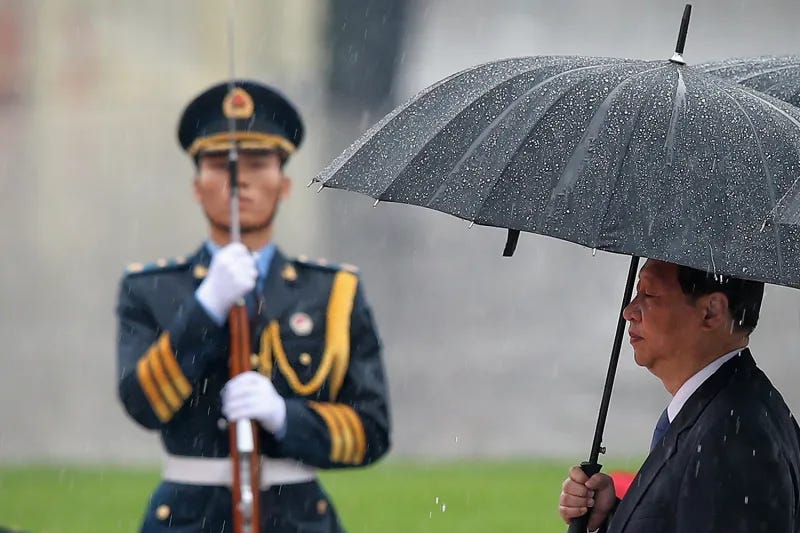China’s Ascent to Superpower Status
A Stark Contrast to the West’s Legacy of War
The rise of China as a global superpower is one of the most extraordinary geopolitical transformations in modern history. Unlike the United States, Russia, or European colonial powers, China has achieved its economic and strategic dominance without resorting to invasions or military campaigns that have defined the ascent of past empires. Instead, Beijin…




